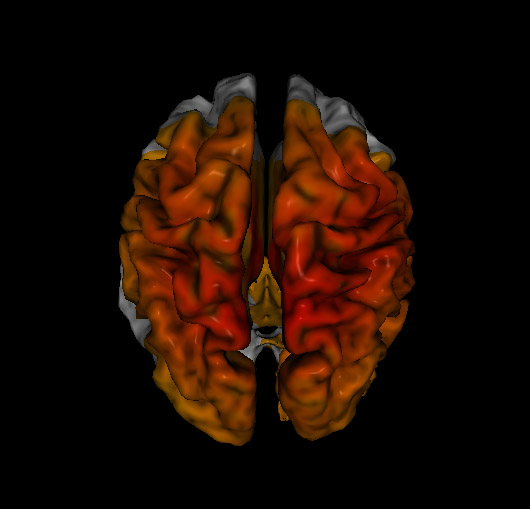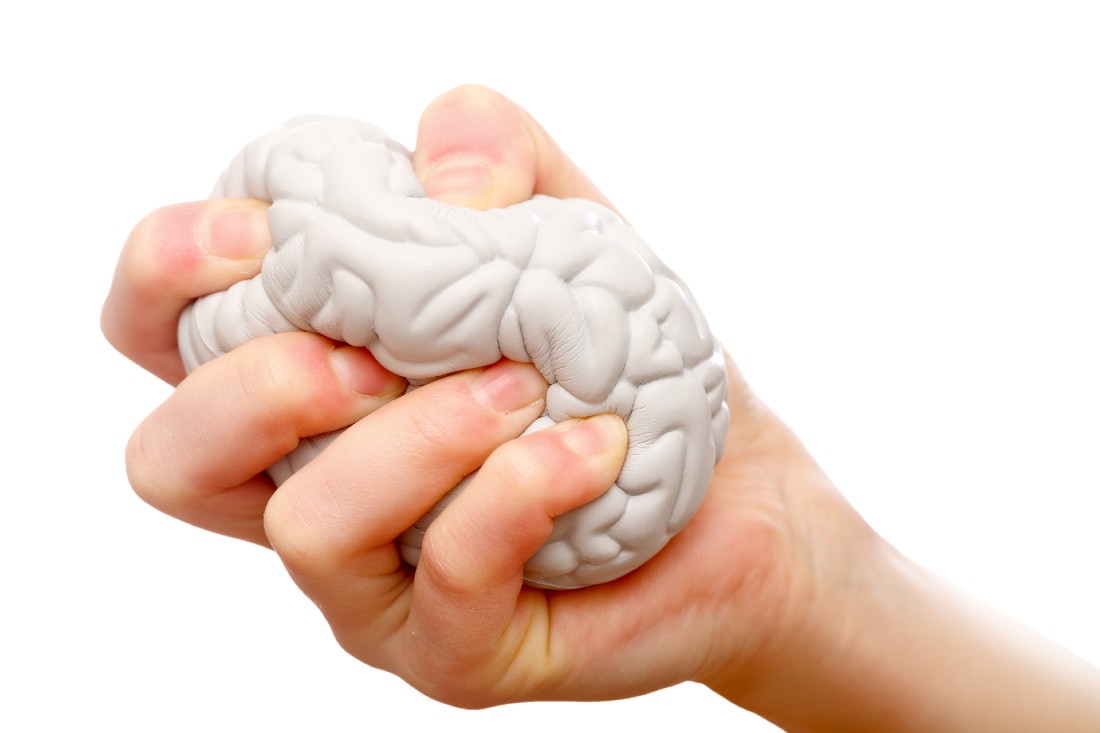CHRONIC STRESS
Stress is an unavoidable aspect of our daily lives. We face deadlines and get stuck in traffic, experience conflict and financial struggles, and live in a race against time. All things considered, humans are remarkably resilient against stress. It’s even useful to a point. When stress becomes chronic or excessive, however, it can exceed our natural ability to cope, resulting in harmful consequences for both the body and mind. Stress can result from any change you must adapt to, because change–good or bad–poses a threat to our homeostasis, or internal stability. It can result from both external and internal factors. External stressors include physical, environmental, social, financial, and political influences, such as crowded transportation, problems with loved ones, or bodily danger. Internal stressors, on the other hand, include our perceptions of these outside forces, as well as any thoughts and feelings that surpass our ability to respond effectively. Examples include negative self-talk, unrealistic expectations, and inability to accept uncertainty.



